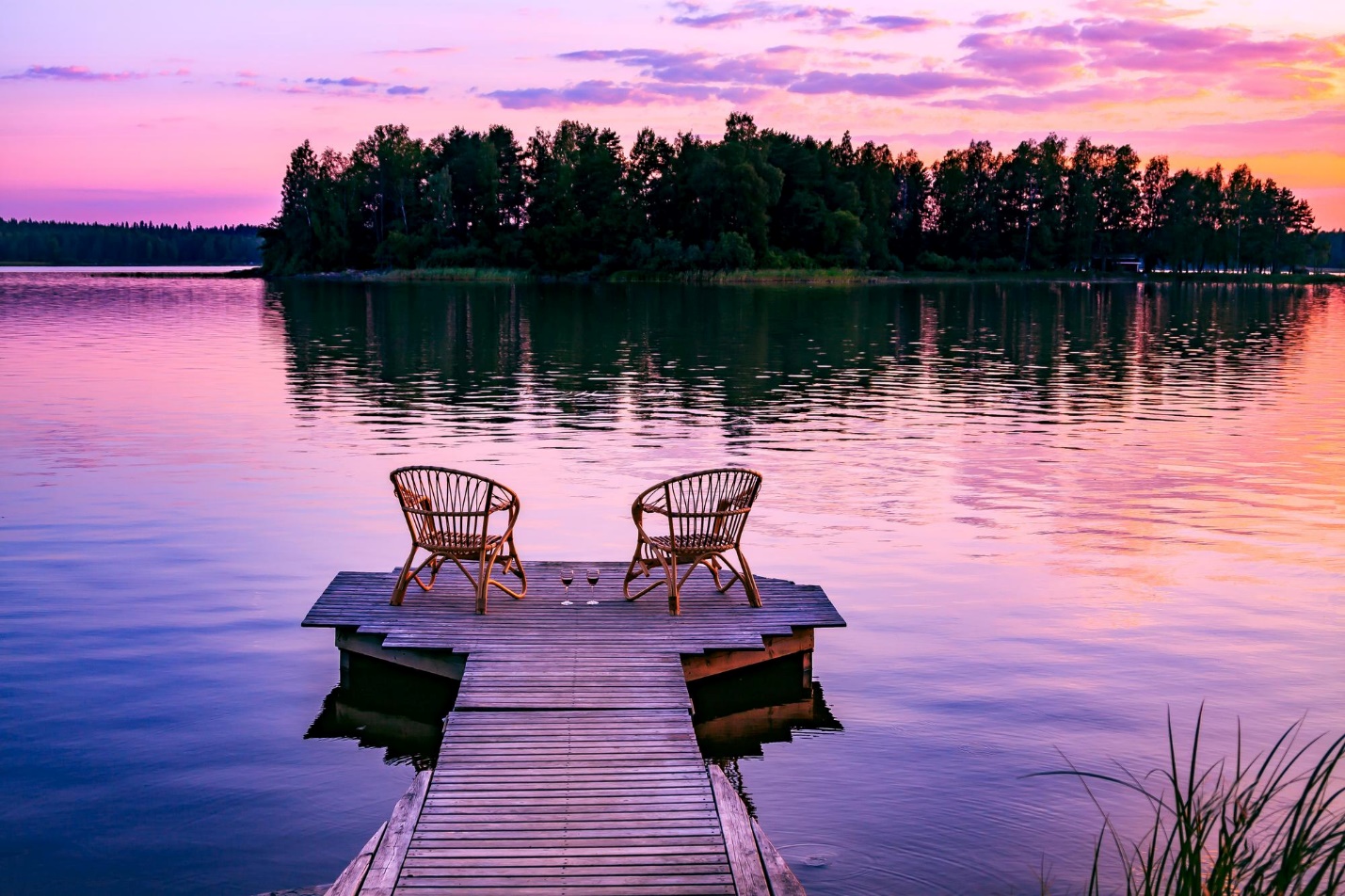The cottage is your weekend getaway, your refuge from the city, and your happy place away from it all. Promising quiet mornings with the light coming through the trees, sunny afternoons on the lake, and evenings around a campfire, a cottage is a dream.
Owning a vacation property is an incredible privilege, but if you’ve never had one before, it makes sense that there are some questions you might have.
When you’re in the market for a cottage for sale, it doesn’t hurt to know some of the finer points of cottage living. It can help you decide what to look for in a vacation property and narrow down your search.
How Do You Share the Cottage with Kids and Grandchildren?
The last thing you want is for your new escape from the city to become a point of contention and start a family dispute. When you have adult children with their own families, demand for cottage time can be high.
First, consider very real space constraints. You don’t want to overcrowd the place, so the number of bedrooms will put a constraint on how many guests can come at the same time.
Work out a cottage agreement with your family about the privilege of using the cottage and the responsibilities for costs. You want to see your family get the most out of your vacation property, but it’s important that expectations are clear to avoid any resentment.
How Do You Close the Cottage for Winter?
Unlike your home in the city, vacation properties in Canada need to be properly closed down and prepared for winter, or else you can wind up facing some major repair bills. Here’s what you need to do to close down the cottage:
- Clean out pantry items that could attract insects or rodents.
- Defrost the fridge, unplug it, and leave the door propped open.
- Keep linens stored in a cool, dry place.
- Shut off the heat or turn it down. Many prefer to shut the heat off to save on costs and reduce the fire risks of baseboard heating, but others like a little warmth to prevent damage from humidity.
- Drain the plumbing system to keep pipes from freezing and bursting.
When to Close the Cottage for the Season?
There is no specific date you should close things down by, but you probably want everything done before temperatures start to freeze at night. Closing down the cottage will prevent your pipes from freezing and bursting and reduce the risk of fire.
How to Rent Your Cottage Out on Weekends?
Too busy to enjoy the cottage yourself? You can also turn it into an income property by renting it out. It can be a lucrative activity if you do it right.
First, make sure your cottage and personal belongings are protected from damage, deliberate or otherwise. Make sure your guidelines are clear and concise so that guests know what’s expected.
Next, you’ll want a check-in system that’s easy on you. Coded keypads or remote smart-home systems are probably the most secure and convenient options.
Buying a cottage is an investment in family, fun, and relaxation. When you’re out looking for a property to buy, keep in mind how much space you want to have for kids and grandkids, maintenance, and the potential for turning it into an income property.

